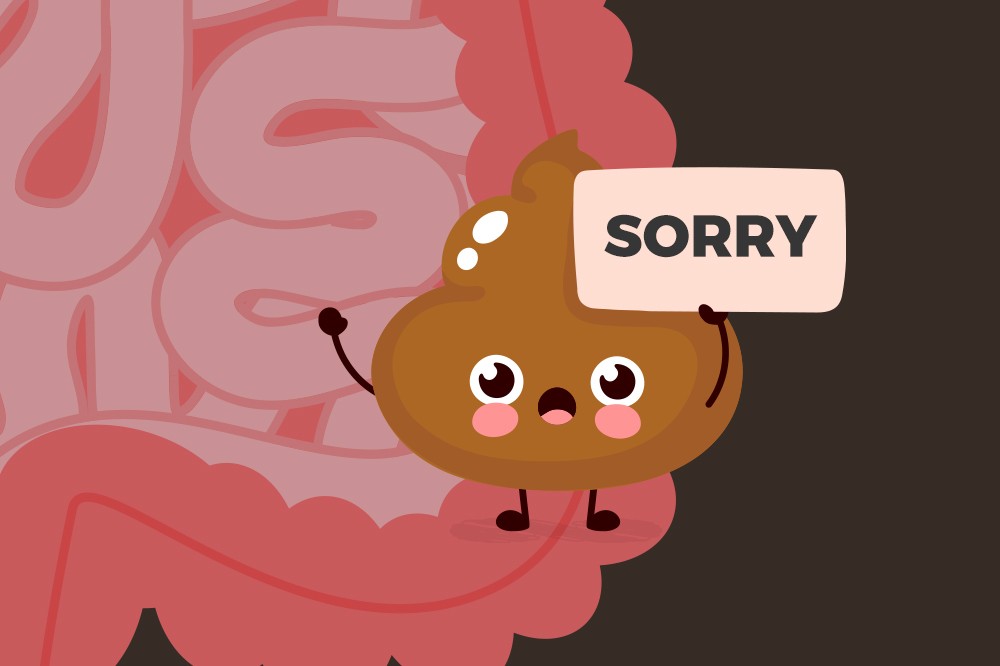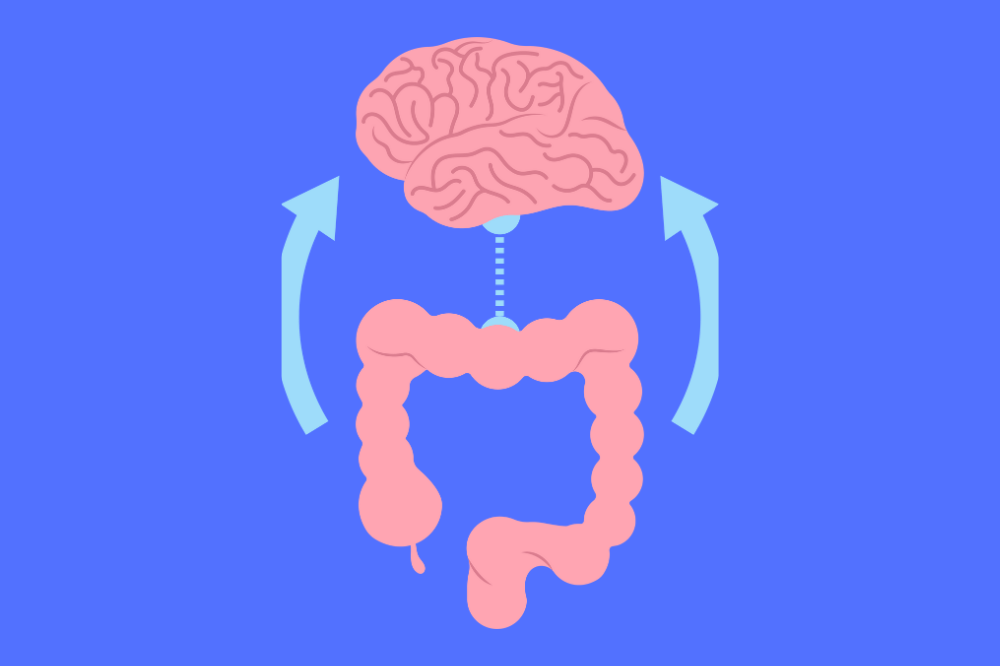Monthly Learning Series:
February
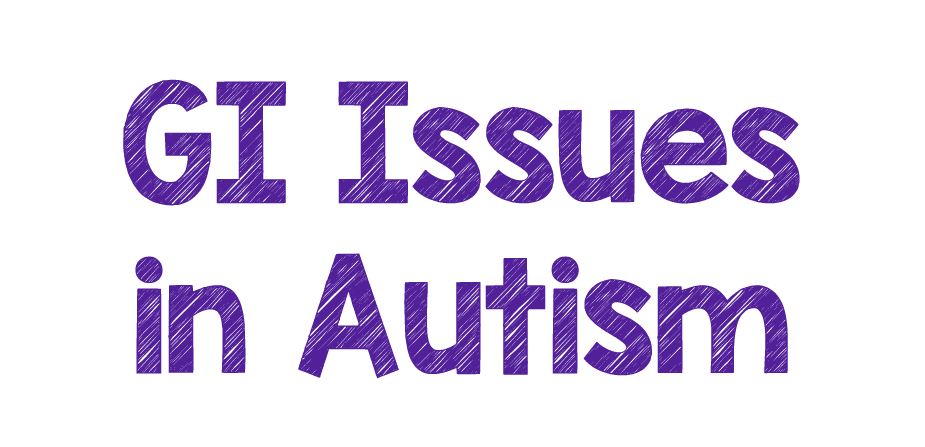
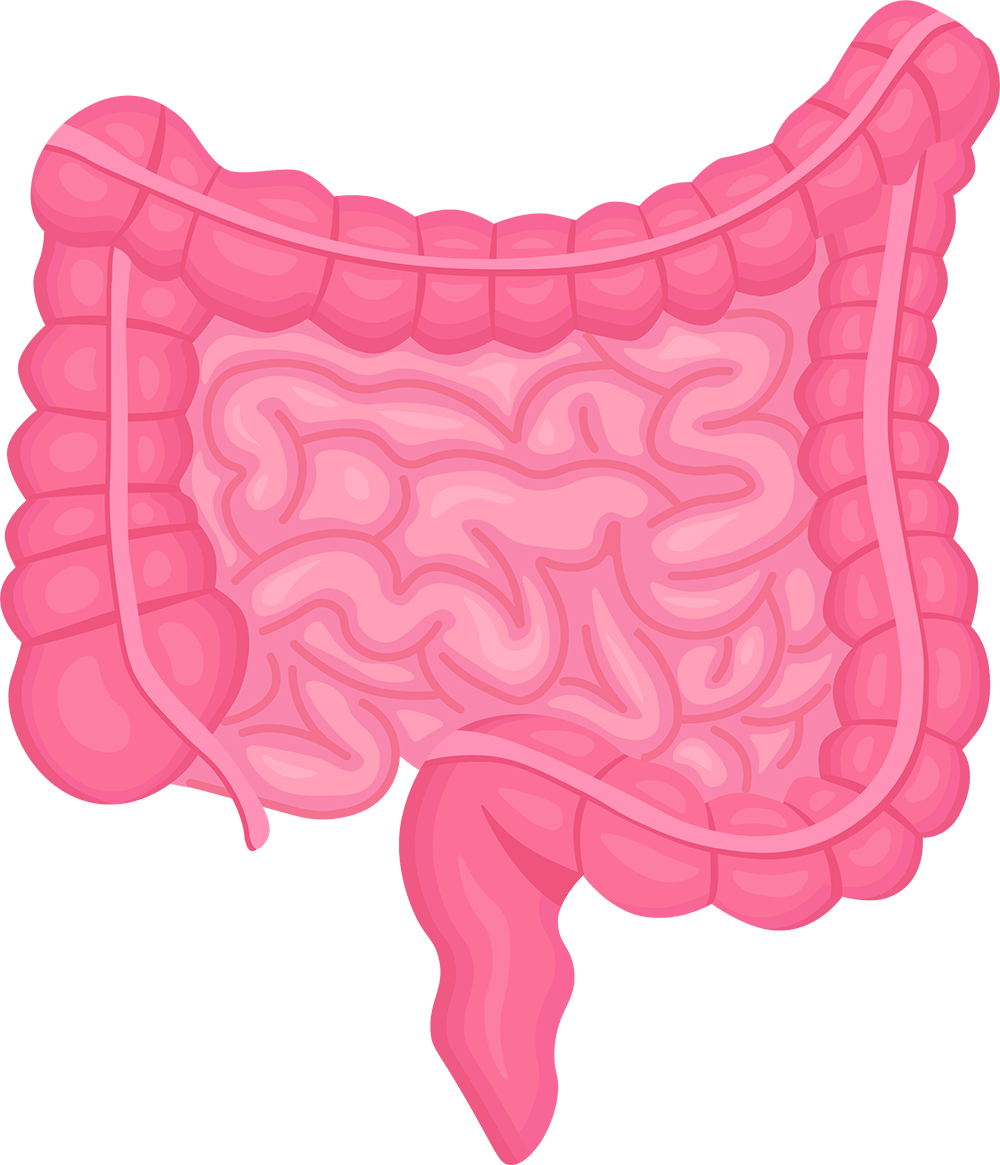
Gastrointestinal (GI) issues are common in individuals with autism and can significantly affect health, behavior, and quality of life. Symptoms may present differently and can be difficult to recognize or diagnose. This GI Month overview focuses on building understanding of common GI conditions, supporting informed decision-making, and helping families navigate evaluation, treatment, and ongoing care with greater confidence.
The Autism Community in Action (TACA) provides general information regarding medical research, treatment options, therapies and nutrition to the autism community. The information comes from a variety of sources and is not independently verified by TACA. Nothing presented in print or at meetings should be construed as medical or legal advice. Always consult your child's doctor regarding his or her individual needs.
upcoming events
February 1, 2026
to February 28, 2026
Recorded Education
Autism and GI Health: Bridging Gaps in Care
with
Mojdeh Mostafavi, MD
via website
Gastrointestinal issues are common in individuals with autism and can significantly affect health, behavior, and quality of life. This session…
Learn More
February 1, 2026
to February 28, 2026
Recorded Education
Taming the Tummy Aches: Treatments for IBS and SIBO
with
Julie Logan, DC
via website
GI pain is a common driver of distress in individuals with autism. This session reviews IBS and SIBO as frequent,…
Learn More
February 11, 2026
4:00pm PST / 7:00pm EST
Virtual Support Event
Virtual Support Event
with
TACA Parent Mentors
via Zoom
TACA Virtual Support Events are one-hour, group-based virtual meetings created for parents and caregivers of individuals with autism. Led by…
Learn More
February 25, 2026
4:00pm PST / 7:00pm EST
Virtual Support Event
Virtual Support Event – Teen & Adult
with
TACA Parent Mentors
via Zoom
TACA’s one-hour Virtual Support Event for parents or caregivers of Teens or Adults with autism provides live support for families…
Learn More
related articles
Special Diets for Autism
Diet is the foundation of good health. In addition, not all kids respond the same way to dietary interventions. Therefore,…
The Gut-Brain Connection
There is good reason the gut is referred to as a person’s second brain. Over 70% of our immune system resides…
Blenderized Diet for G-Tubes
Getting a feeding tube (G-tube) for your child can feel scary and overwhelming. There is a lot to learn, and…
downloads
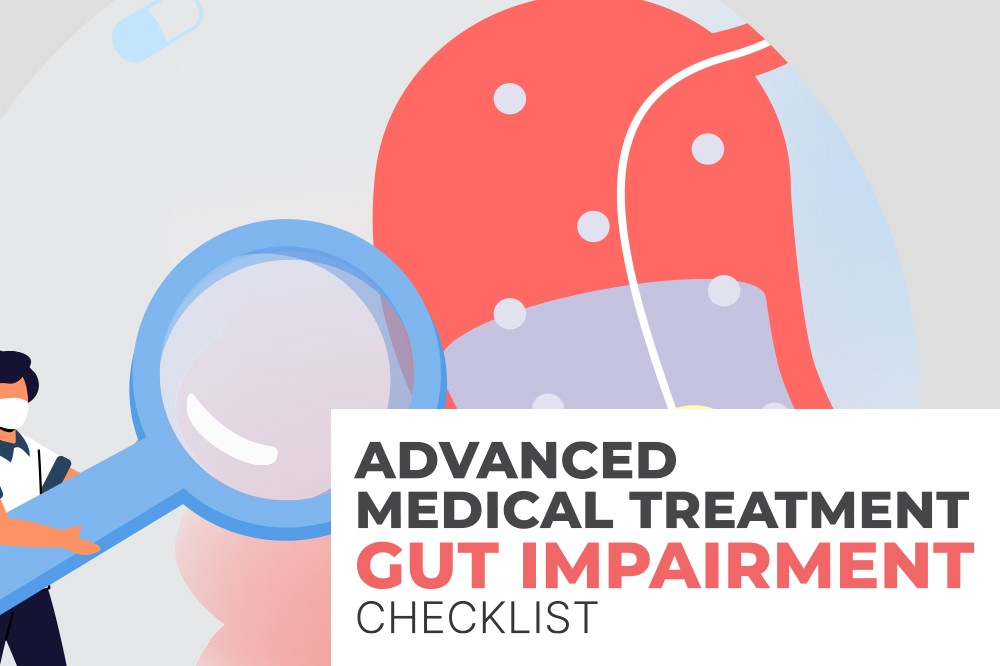
Advanced Medical Treatment – Gut Impairment
GI symptoms are four times as prevalent in autism than in neurotypical children. As a result, many behaviors labeled as…






